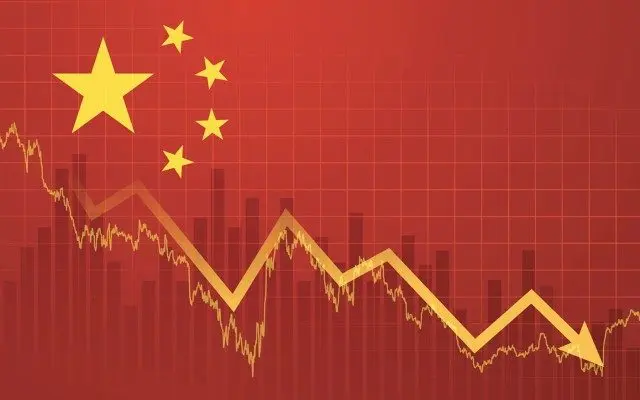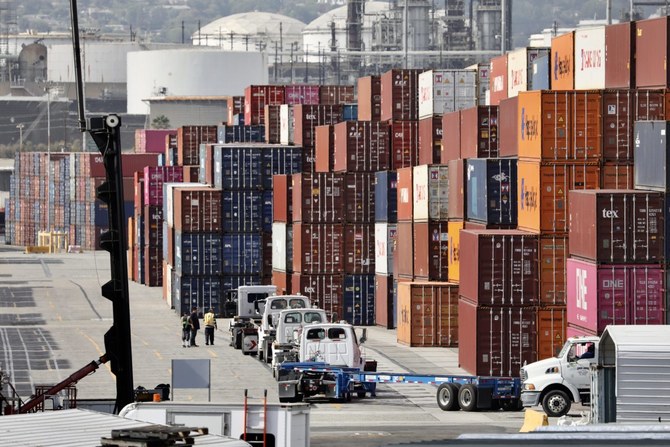Signs are trickling in that China’s economy and financial markets may be stirring after a sharp downturn, but these events may not be enough to stabilize China’s economy just yet.
In recent weeks, China has faced falling prices as deflation sets in, a record-low yuan and mounting debt in its property sector. This has led some economists and analysts to say the country is on the path to a hard landing.
However, China has taken steps to combat its weakening economy. China cut the required amount of foreign currency deposits its financial institutions must hold by a third and rolled out a slew of stimulus measures to boost its sagging residential property market. The country’s credit demand is improving, deflationary pressures are easing, and the yuan is strengthening.
However, some market watchers think these actions may not be enough to keep the global economic giant out of a recession.
“While the improved stats might compel a bullish argument for some investors, they don’t address an overall concern: decreasing affordability given tight wages and rising costs. Without addressing the latter, repeated interventions will have to become the norm to keep these stats running,” said Sandeep Rao, Head of Research at Leverage Share, in an email.
Rao said addressing decreasing affordability would address substantial pain points for the Chinese economy. However, the government likely does not have the appetite to intervene in that area.
China’s central bank cut loan prime rates (LPR) in June to increase lending and rediscount quotas by nearly $28 billion specifically to help small businesses and farms. In July, the Chinese government introduced several measures to boost the consumption of goods and services, such as tax rebates for small businesses and households.
Bond sales were accelerated in August in order to boost lending, resulting in more credit expansion than expected. Household demand for mortgages may be increasing due to recent efforts to boost the real estate market. Corporate loans have also increased.
A slowing economy in China could impact an already precarious U.S. economy that is walking a fine line toward a soft landing.
As signs pointed to a slowdown in China’s economy last year, Houze Song, a Fellow at MacroPolo who leads the think tank’s work on the Chinese economy, pointed out that China’s last significant slowdown in 2015 had implications in the U.S. stock market.
Song said the implications of a downturn in China may prompt investors to sell off stocks they deem risky.
There are also potential impacts on U.S. trade and consumption if China’s economy takes a turn for the worse. However, Rao thinks the current downturn’s significance on U.S. trade may be kept to a minimum.
“China is a feeder for U.S. consumption, and the U.S. is a substantive supplier of energy and mineral resources to China,” Rao said. “Deflationary forces benefit the buyer more than the seller, while China’s consumption likely wouldn’t soften enough to mark a massive impact on U.S. exports.”
It won’t be an easy road to recovery for China, some analysts say.
Morgan Stanley revised its outlook for the country for 2023 down to 4.7%, a nearly 18% decrease from their midyear forecast.
“Over the summer, data have pointed to a faster-than-expected deterioration in (China’s) microenvironment,” Morgan Stanley’s Vishy Tirupattur said in the Thoughts On The Market Podcast on Sept. 12. “We have seen successive and incremental property and infrastructure easing measures but market confidence has not returned and debates around earnings, spillover effects on global growth and the impact on commodities are growing.”
Since China announced its Open Door Policy, its government has focused on growth at all costs, Rao said. In order to remain dominant, it has had to produce goods at a lower price than anyone else. As a result, incomes increased, but wages were limited by cost competitiveness.

















